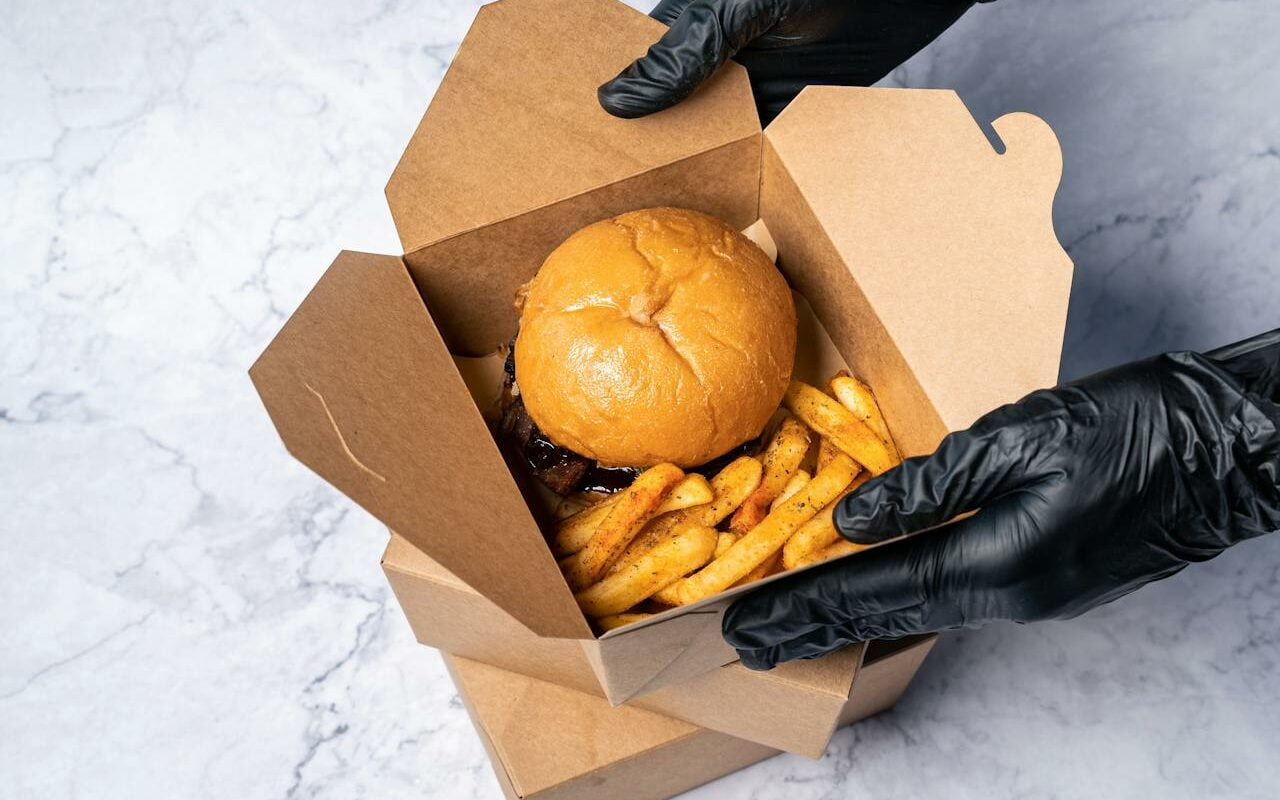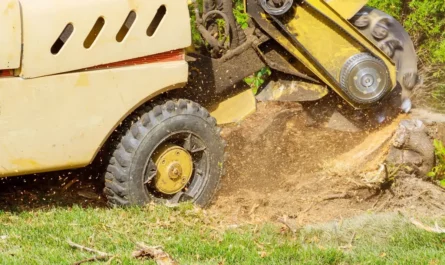In today’s digital age, where convenience meets conscience, eco-conscious consumers are increasingly scrutinizing the environmental impact of their online purchases. According to McKinsey and Company, about 66% of consumers factor in sustainability when making a purchase. This trend reflects a fundamental shift in consumer behavior towards more responsible shopping habits.
As a result, food e-commerce businesses are under pressure to adopt sustainable packaging and practices to stay relevant in the market. With that, here are a few things to note about sustainability and packaging in the food e-commerce industry.
Table of Contents
The Environmental Impact of Food E-commerce

In the food e-commerce industry, convenience often comes at an environmental cost. Packaging waste, consumer worries, and regulations all affect how sustainable online food shopping is. Here are the main environmental issues the industry is dealing with.
1. Waste woes
Online food deliveries contribute significantly to packaging waste, with cardboard boxes, plastic wraps, and insulation materials filling up landfills. The sheer volume of packaging used for individual orders exacerbates this issue, leading to environmental degradation and resource depletion.
For instance, one study found that packaging waste generated by online shopping is 4.8 times higher than in physical stores.
2. Consumer concerns
With the globe’s rising temperatures, consumers are becoming increasingly aware of the detrimental effects of plastic pollution on ecosystems and human health. There’s a growing outcry against single-use plastics in particular. As a result, consumers are actively seeking out brands that offer sustainable packaging alternatives, driving a shift towards eco-friendly options.
3. Regulatory landscape
Governments worldwide now recognize the urgency of addressing packaging waste and implementing regulations to curb it. From plastic bag bans to extended producer responsibility (EPR) schemes, policymakers are holding businesses accountable for their environmental impact.
Take the European Union’s Single-Use Plastics Directive, for example. This regulation sets ambitious targets for reducing plastic waste and promoting circular economy principles.
Rethinking Your Food Packaging Strategy
Reevaluating your approach to sustainable packaging can lead to significant environmental benefits and consumer goodwill. Here are a few practical strategies for revamping your food packaging practices.
1. Use sustainable materials
Opting for eco-friendly food packaging can reduce your environmental impact. Consider alternatives such as recyclable cardboard, compostable containers made from plant-based materials, and innovative solutions like mushroom-based biomaterials. With them, you can lessen the amount of non-biodegradable packaging that ends up in landfills.
2. Minimize and optimize
Another way to become eco-friendly with your packaging is to minimize its size and optimize box dimensions. This way, you can reduce the amount of material used in each shipment. Moreover, using right-size boxes and avoiding excessive fillers allow you to decrease waste and cut down on shipping costs and carbon emissions.
3. Opt for reusable solutions
Consider implementing reusable container options or deposit schemes for specific items to encourage a circular economy mindset among consumers. For example, offer products such as sauces, jams, and spices in reusable glass jars that customers can return for an incentive like a discount. You can clean and refill these containers, reducing the need for single-use packaging.
4. Be transparent and communicative
Being honest about your sustainable packaging efforts is essential for building trust with eco-conscious consumers. So, clearly communicate on your product labels and marketing channels your commitment to sustainability.
Also, to further promote environmental responsibility, inform customers on how they can properly dispose of or recycle your packaging.
Beyond Packaging: Eco-Conscious Practices Throughout the Supply Chain
Practicing sustainability shouldn’t be limited to product packaging; it should also apply across your entire supply chain. Consider implementing these eco-conscious initiatives into various aspects of your food e-commerce operations.
1. Source locally
Prioritize locally sourced ingredients and materials to support nearby vendors, lower costs, and reduce transportation emissions associated with long-distance shipping. Sourcing locally can also help you foster stronger connections with your communities and promote a more resilient food system.
2. Optimize delivery routes
Consider partnering with delivery service providers that employ efficient route planning and sustainable transportation options. They can help you significantly reduce harmful emissions and minimize fuel consumption.
For instance, you can invest in electric and hybrid delivery vehicles to minimize your carbon footprint while ensuring timely deliveries.
3. Implement ways to reduce food waste
Use strategies to minimize food waste and reduce environmental impact while ensuring sustainable operation. For example, you can partner with food banks to donate surplus food or implement “ugly produce” programs that promote the sale of imperfect fruits and vegetables. In effect, you can divert food and waste from going to landfills.
Sustainability Strategies for Food E-commerce Success
Prioritizing eco-friendly practices throughout the supply chain allows your business to attract a growing base of eco-conscious consumers while reducing your carbon footprint. Apart from making your brand stand out, every sustainable initiative contributes to a healthier planet.
More than that, embracing sustainability secures long-term success—aligning with the values of a new generation of conscious consumers.







